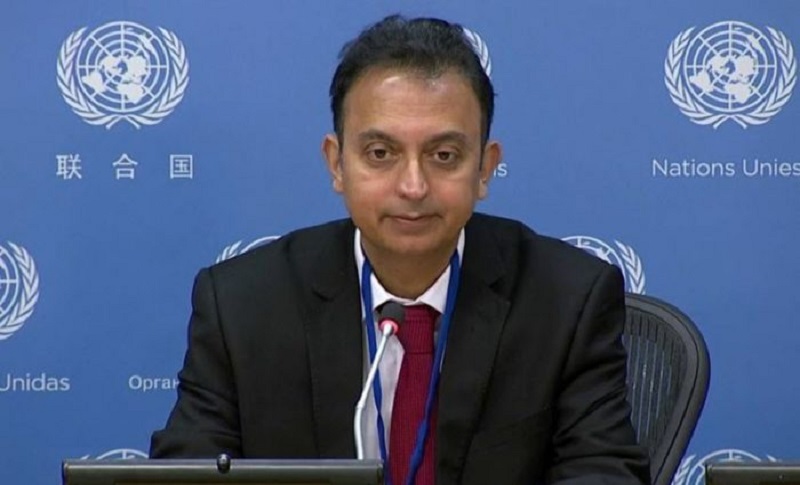
The National Council of Resistance of Iran (NCRI), and the People’s Mujahedin of Iran (PMOI / MEK Iran), reported that the UN Special Rapporteur on the situation of human rights in Iran, Professor Javaid Rehman, has just had his mandate extended for another year after a vote by the UN Human Rights Council earlier this week.
The resolution regarding the human rights situation in Iran had 21 favorable votes, 12 against and 14 abstentions. It calls on the Iranian regime to allow Professor Rehman to visit Iran and let him have access to information relevant to his mandate. It calls for the regime to fully cooperate.
Issued earlier this month, Professor Rehman’s report on the human rights situation emphasized that females in Iran are treated very badly and that urgent reforms are needed with immediate effect.
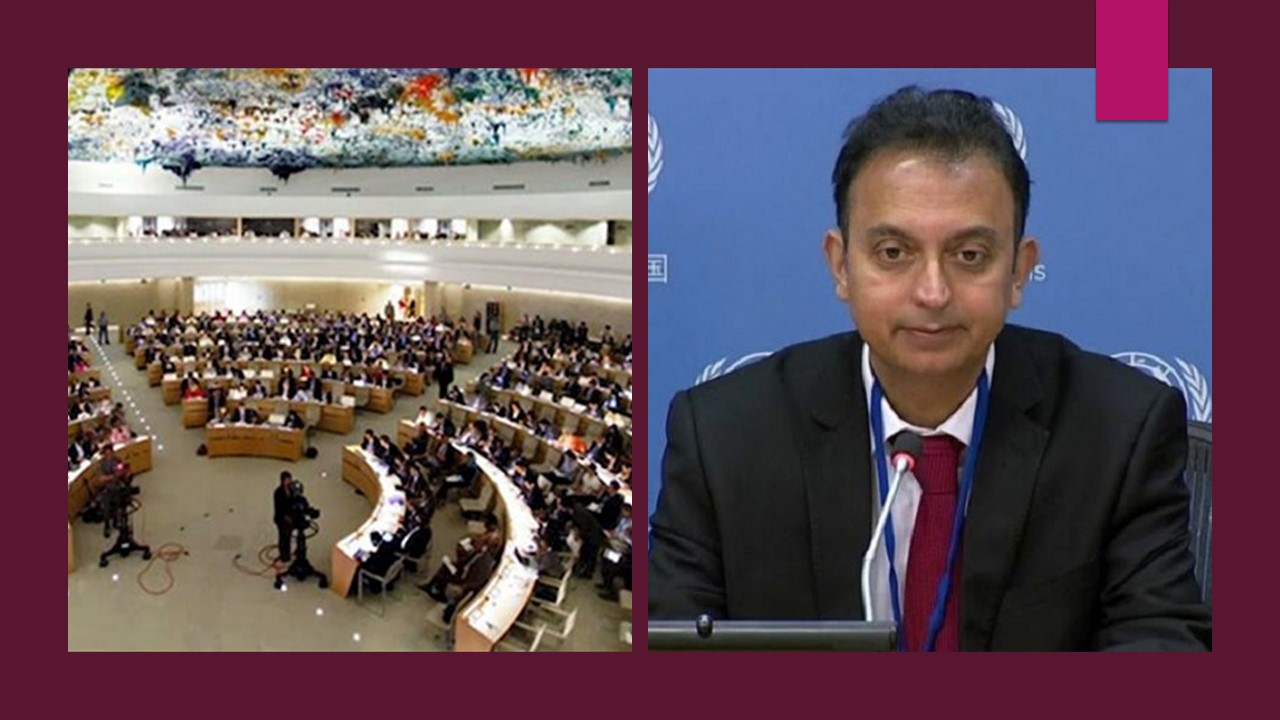
He said that women are still treated as second-class citizens by the regime and that there are many issues of great concern such as the forced marriage of young girls and domestic violence.
Professor Rehman called on the Iranian government to immediately increase the marriage age and to introduce policies that put an end to the practice of child marriage in the country. He said that every year, thousands of child marriages take place with girls aged between just 10 and 14.
Iranian law stipulates that a girl as young as just 13 can get married. Even younger girls are permitted to get married (legally) if there is paternal and judicial consent.

The professor said that in the first half of the Iranian calendar year there were more than 16,000 females aged between 10 and 14 that were married (and this is according to the government’s own figures).
There have been previous attempts to get the law regarding child marriage changed in Iran, but nothing has ever happened and the situation remains unchanged. Professor Rehman said that the “current legal marriage age is simply unacceptable” and explained that there are very harmful consequences of this practice. He said that child marriage damages girls’ well-being and harms their development in a number of areas including employment and education and the opportunity to live a life without violence.
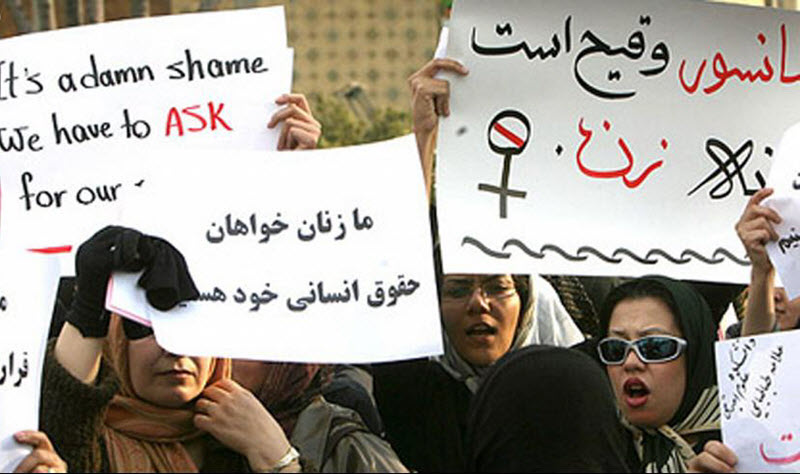
Gender discrimination is very prevalent in Iran and is found in most areas of law and practice. Professor Rehman said that women are generally treated as second-class citizens despite his recommendations to the Iranian government to rectify this problem.
He said that he has called on the Iranian regime to ratify the Convention on the Elimination of All Forms of Discrimination Against Women, but it still remains one of the very few countries that refuse to.
Professor Rehman indicates that women in Iran have very little control over many areas of their lives, in particular with regards to marriage and divorce, culture, and even employment.
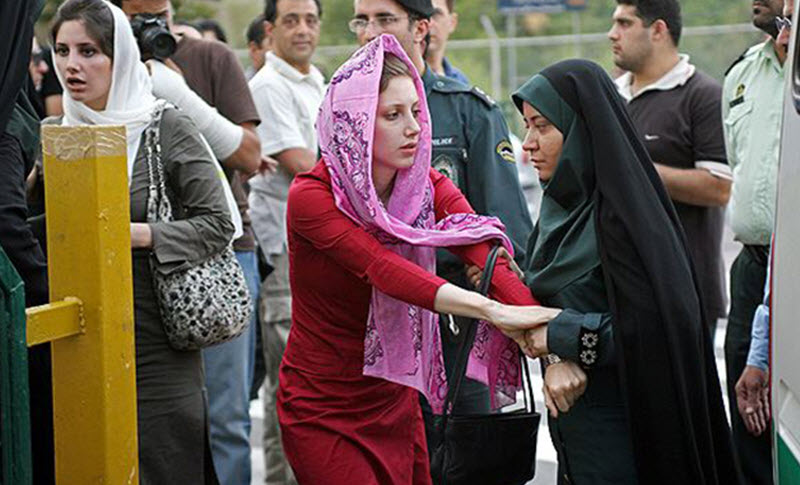
In many circumstances, Iranian women must seek permission from paternal guardians or their husbands. Professor Rehman emphasizes that this deprives women of their “autonomy and human dignity”.
And with regards to domestic violence, the professor calls on the regime to make further improvements to ensure that the domestic violence rates in the country decreased and to offer the necessary support for female and child victims.
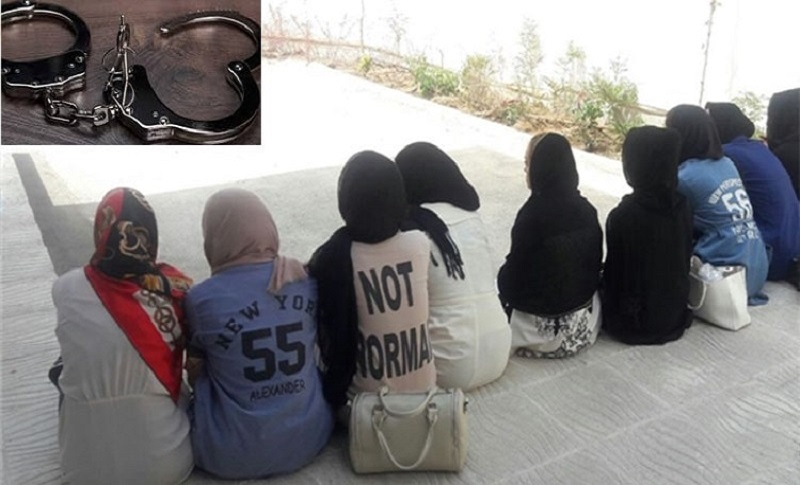
MEK Iran (follow them on Twitter and Facebook)
and People’s Mojahedin Organization of Iran – MEK IRAN – YouTube







